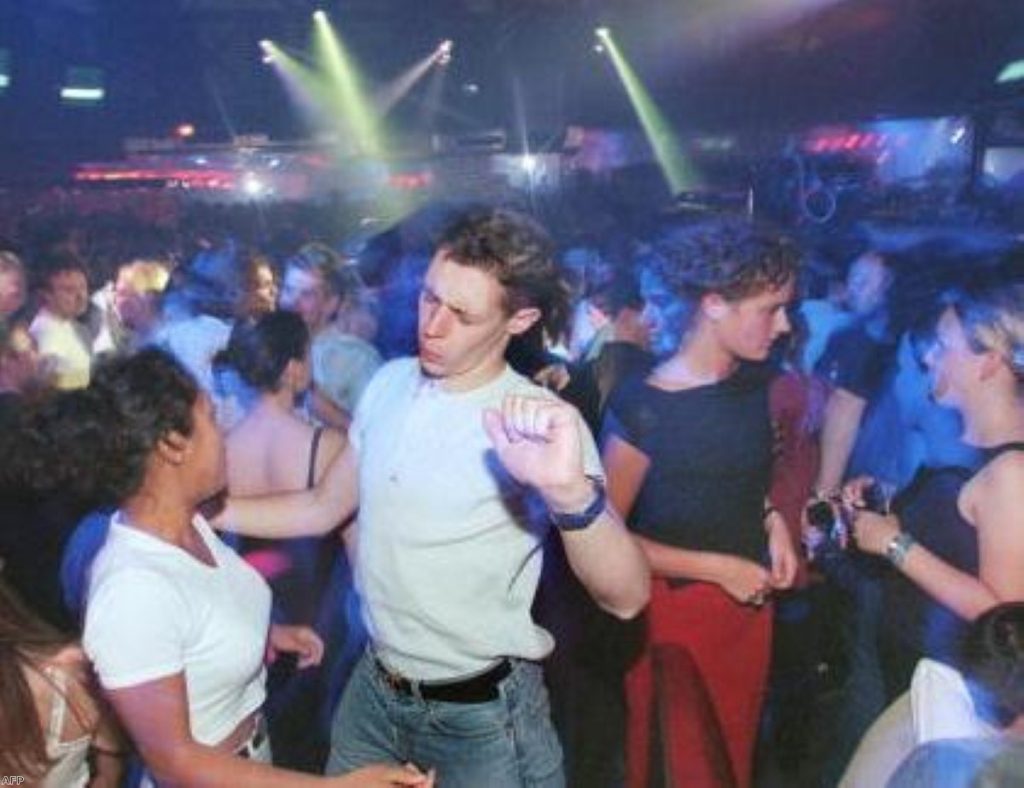‘All-night raves’ surprise winners of red-tape cuts
By Alex Stevenson Follow @alex__stevenson
The government's drive to cut red tape is giving carte blanche to all-night raves, councils have warned.
Ministers want to remove "pointless bureaucracy" which has made organising events like school plays, brass band events and Punch and Judy shows more difficult.
The Local Government Association says it is "completely behind" the plans to streamline the licensing process – but warns that they go too far, inadvertently allowing the return of all-night raves.


Changes to licensing rules would mean organisers of entertainment events attended by up to 5,000 people will not have to seek permission for them.
One-off events would be able to be held in private premises like warehouses at any time without authorities having to be notified.
"It is vital that authorities are still able to respond to the concerns of residents," Chris White, the LGA's culture, media and sport board chair, said.
"Councils have an important role to play in ensuring events are suitable and safe for the areas in which they are to be held.
"Any changes to the licensing laws should strike a balance which ensures councils are still able to protect people who attend public events as well as those who work and live nearby."
The Department for Culture, Media and Sport completed a consultation on regulated entertainment on December 3rd.
Its proposals made clear that there is no relaxation of the rules on controlled gatherings of over 5,000 people, boxing and wrestling, as well as events classified as sexual entertainment.
The LGA wants ministers to reduce the 5,000-attendance level to just 500 and require all events taking place between 23:00 and 07:00 to have permission from local authorities.
The DCMS said that it was not the absence of a license which made raves illegal. They are already outlawed under the Criminal Justice and Public Order Act 1994, which allowed police to prevent open-air playing of "sounds wholly or predominantly characterised by the emission of a succession of repetitive beats".
"Current licensing rules are a mess, tied up in red tape and hindering harmless fun and entertainment," a spokesperson said.
"We believe alcohol licences and existing laws on noise and offensive behaviour are the best way to control disorder and nuisance, but we are happy to consider any objections before proceeding further with the plans."
Many events with audiences of over 5,000 like car boot sales, stock car rallies and evangelical meetings do not require a license under the existing regime, the DCMS pointed out.
It said it had chosen the 5,000 cut-off to comply with a football safety rule allowing non-compliance for grounds with a capacity of under 5,000.









